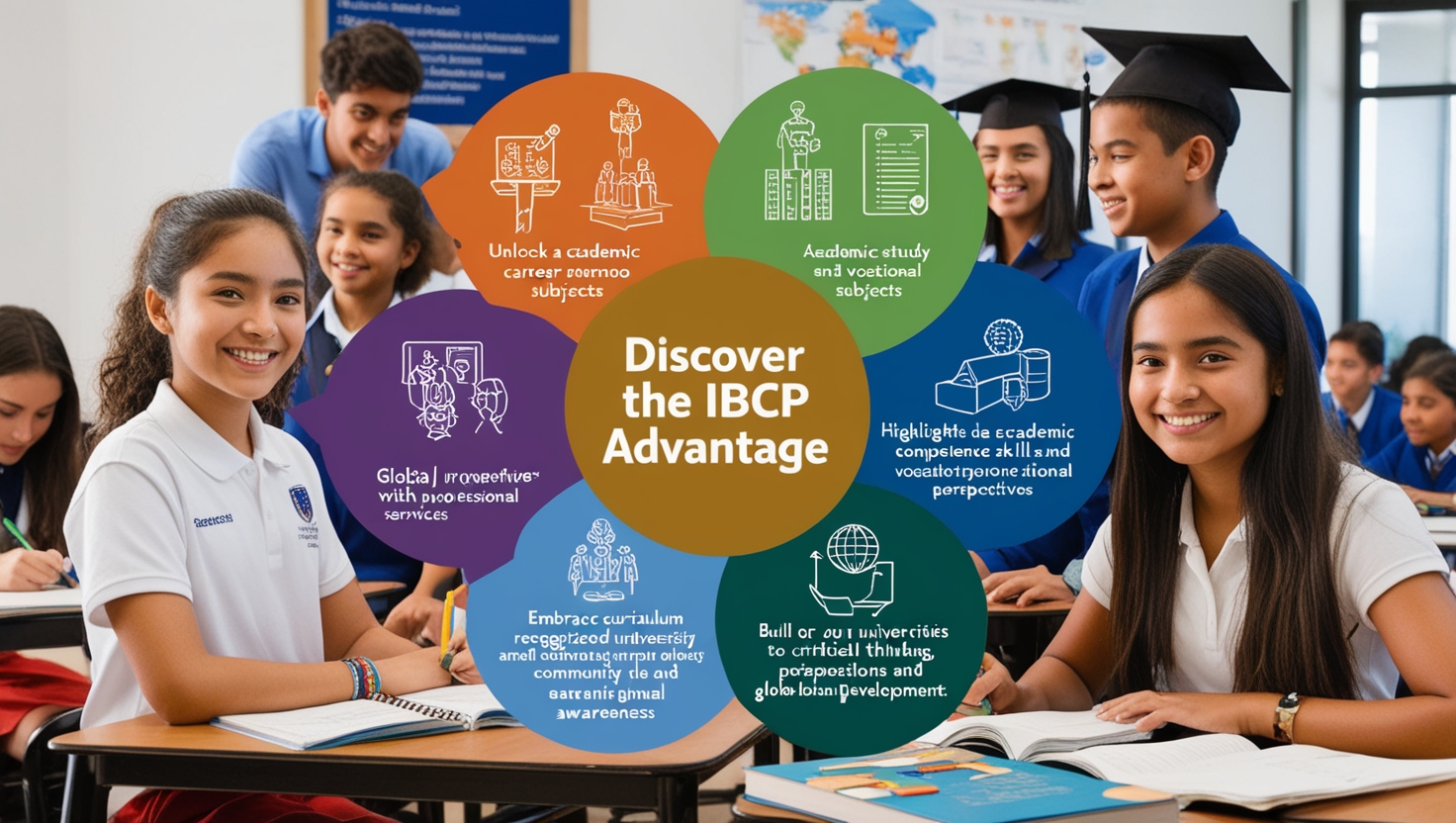IB Career-related Programme (IBCP) is an IB certification programme that is gaining traction among students worldwide as it gives them a non-traditional approach to pursuing their career interests. The course structure incorporates academic study, career-related learning and practical experience to give students a well-rounded experience that makes them ready for college and professional work. IBCP is suited for students who have decided on the field they want to build their careers and are looking for a focused programme for the same. Not everyone is academically inclined, some prefer practical study. IBCP is a strong programme for them. Let us explore strong reasons to choose the IBCP.
|
Benefits checklist of IBCP |
|
IBCP course structure balances academics and vocational training to create a strong background for students and gives them better control of their career trajectory after the programme. The course includes -
The IB Diploma Programme (IBDP) is renowned for its application-based approach to subjects. In IBCP, students have to opt for at least two IBDP subjects from its six subject groups. They have the alternative to choose it at Higher Level or Standard Level. As per the course requirements, students will have to attend the mandated hours of the classroom, do the coursework, assignments and projects, and appear for the internal and external assessments. This gives them the relevant skills, mindset and academic foundation for a college education.
Students can choose to study one or more career-related subjects in the fields of Health Sciences, Engineering, Business, Hospitality, Tourism, Hotel Management, Sports science, digital media, or design to name a few. These courses are offered through IB’s CRS strategic providers.
The CP Core has four elements which teach the student professional and academic skills. These are -
IBCP takes an experiential learning approach that engages students with practical application through projects, assignments, internships/apprenticeships etc. Compared with IBDP, it takes a more focused approach since students choose the career-related course and the skills that they learn and a large part of their study is centred around their chosen vocation. They develop critical thinking, international outlook, time management, organisation, and problem-solving skills through the course.
The IBCP is not a very old programme, but its structure, with a balance of vocational training and academic study, has gained it a strong reputation internationally. Furthermore, IB has built strategic partnerships with many reputed international institutions for the CRS. Thus, at the end of the course, the student can choose to apply to college for a formal graduation in their chosen profession, they can start working with any reputed business in their field, or they can opt to take the entrepreneurial route.
In the IBCP, students learn the background and nuances of their field of study through independent research and learn its contemporary roles and developments. Thus, they have a better contextual understanding of the fields identify opportunities and build their skills in their areas of interest. Thus, they can make informed choices on how they want to shape their career.
IBCP gives you greater control over the career path that you wish to take. It is grounded in IB’s objectives of developing critical thinking and an international mindset among students. Thus, the course curriculum does not digress much from IBDP. The pedagogy accommodates the needs of students who are less academically inclined and gives them the distinct advantage of having effective control over how they learn. These are some strong reasons for considering IBCP.
© Knowledgeum
